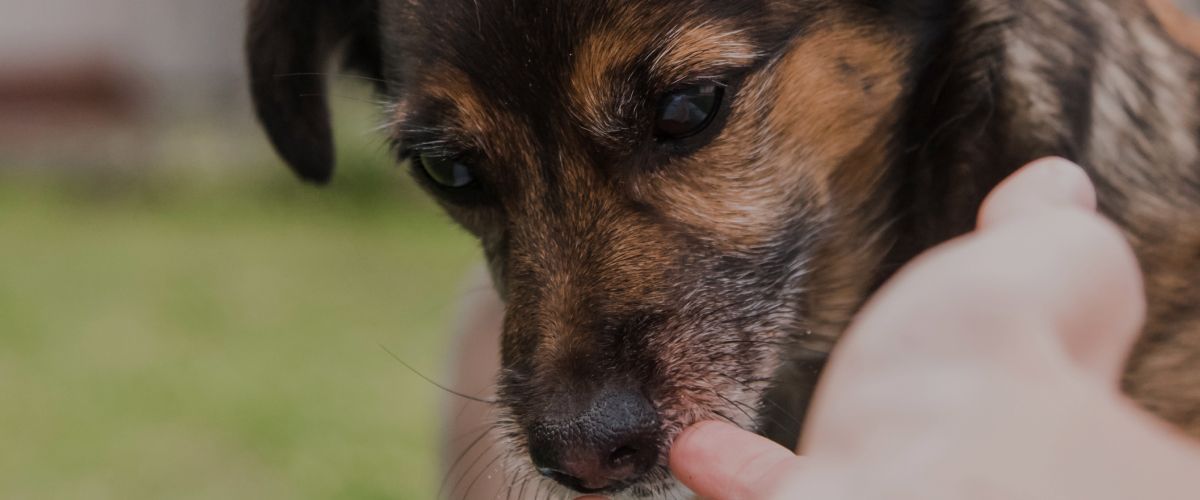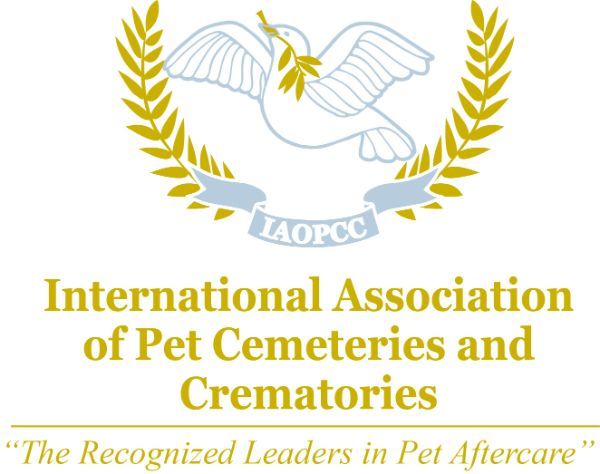Your Senior Pet DOES need Vaccines!
The need for vaccines in senior pets depends on various factors, including the individual pet’s health, lifestyle, and vaccination history. Here are some considerations:
Previous Vaccination History:
If your senior pet has been consistently vaccinated throughout their life and has a good vaccination history, they may have built up sufficient immunity to certain diseases. However, some vaccines may require booster shots to maintain protection.
Lifestyle:
If your pet’s lifestyle puts them at risk for certain diseases, vaccinations may still be recommended. For example, if your senior pet spends time outdoors, has contact with other animals, or is exposed to wildlife, they may be at higher risk for certain diseases.
Health Status:
Senior pets, like elderly humans, may have weakened immune systems. However, this doesn’t mean that vaccines are automatically unnecessary. In some cases, vaccinations may be even more critical to prevent diseases that could be particularly challenging for an older pet to handle.
Disease Prevalence in Your Area:
The prevalence of certain diseases in your geographic area can influence the necessity of vaccines. Consult with your veterinarian to determine which diseases are more common in your region and whether vaccinations are recommended.
Core and Non-Core Vaccines:
Core vaccines are typically recommended for all pets due to the severity of the diseases they prevent, while non-core vaccines may be given based on factors like lifestyle and risk. Core vaccines for dogs often include rabies, distemper, parvovirus, and adenovirus, while core vaccines for cats often include rabies, feline herpesvirus, calicivirus, and panleukopenia.
Consultation with Your Veterinarian:
The best approach to determine whether your senior pet needs vaccines is to consult with your veterinarian. They can assess your pet’s health, consider their medical history, and tailor a vaccination plan that meets their specific needs.
It’s important to note that rabies vaccination is often required by law for both dogs and cats, regardless of age, due to the public health implications of the disease.
Regular veterinary check-ups are crucial for senior pets, and discussions about vaccinations should be part of the overall health assessment. Your veterinarian will provide guidance on the appropriate vaccines for your senior pet based on their individual circumstances.
The post Your Senior Pet DOES need Vaccines! appeared first on Angelpaw.







